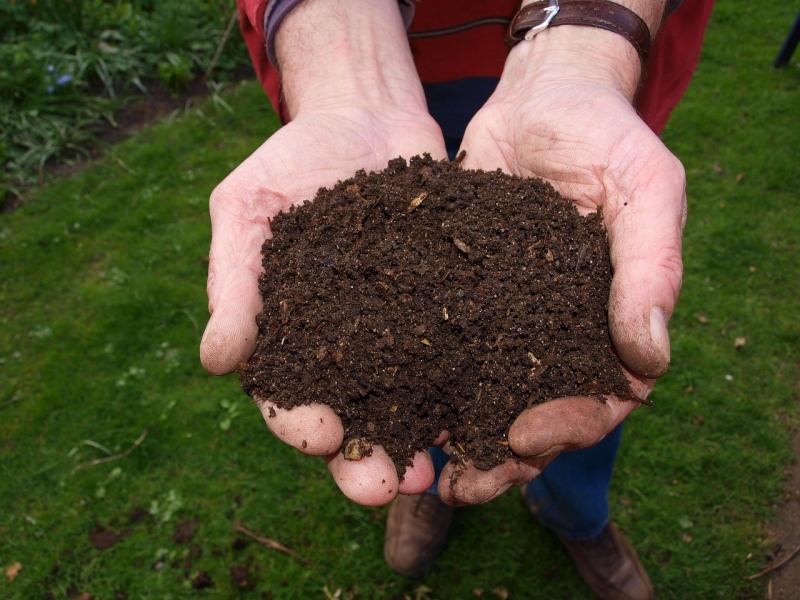UMaine Extension compost webinar series
University of Maine Cooperative Extension will offer a three-webinar series about compost issues in agriculture and waste management, Thursday, March 11, and Tuesdays March 23 and March 30, from noon –1 p.m.
This compost webinar series first examines the organic certification process for compost usage with Caleb Goossen, Maine Organic Farmers and Gardeners Association (MOFGA) organic crop and conservation specialist; followed by carcass composting with Krishona Martinson, University of Minnesota professor and Extension equine specialist; and composting hemp residual with Mark King, Maine Department of Environmental Protection environmental specialist and Maine Compost School educator.
The fee is $10 per session, $25 for the series; registration is required. Register on the event webpage to receive webinar links.
For more information or to request a reasonable accommodation, contact Pamela Doherty, 207.832.0343; pamela.doherty@maine.edu.
University of Maine Cooperative Extension:
As a trusted resource for over 100 years, University of Maine Cooperative Extension has supported UMaine's land and sea grant public education role by conducting community-driven, research-based programs in every Maine county. UMaine Extension helps support, sustain and grow the food-based economy. It is the only entity in our state that touches every aspect of the Maine Food System, where policy, research, production, processing, commerce, nutrition, and food security and safety are integral and interrelated. UMaine Extension also conducts the most successful out-of-school youth educational program in Maine through 4-H.
About the University of Maine:
The University of Maine, founded in Orono in 1865, is the state's land grant, sea grant and space grant university. It is located on Marsh Island in the homeland of the Penobscot Nation. As Maine's flagship public university, UMaine has a statewide mission of teaching, research and economic development, and community service. UMaine is the state's only public research university and among the most comprehensive higher education institutions in the Northeast. It attracts students from all 50 states and more than 75 countries. UMaine currently enrolls 11,741 undergraduate and graduate students who have opportunities to participate in groundbreaking research with world-class scholars. UMaine offers more than 100 degree programs through which students can earn master's, doctoral or professional science master's degrees, as well as graduate certificates. The university promotes environmental stewardship, with substantial efforts campuswide to conserve energy, recycle and adhere to green building standards in new construction. For more information about UMaine, visit umaine.edu.
Event Date
Address
United States
























